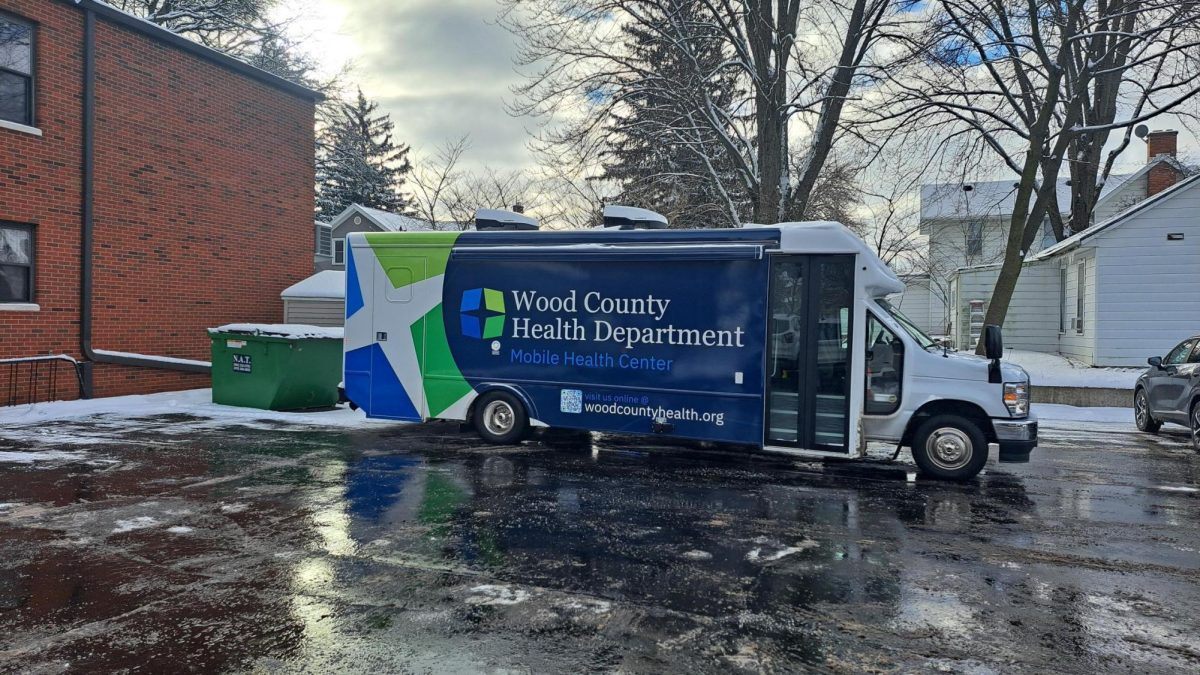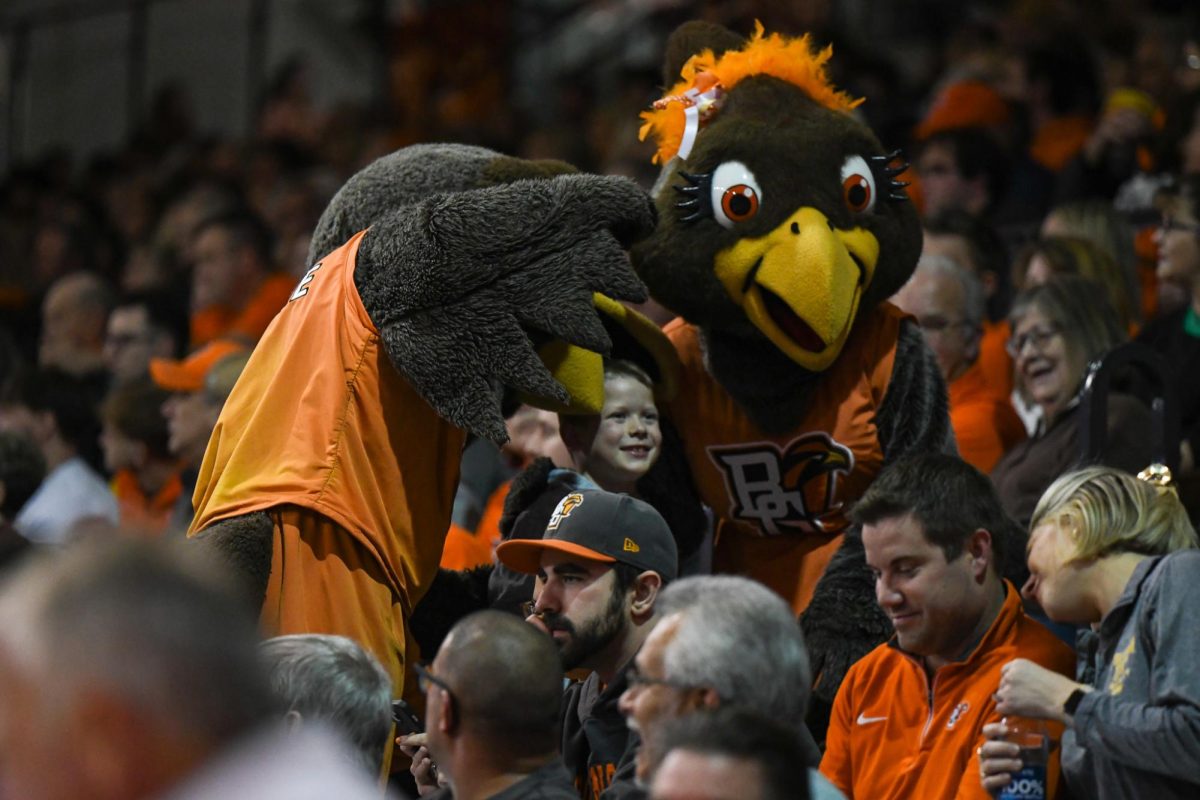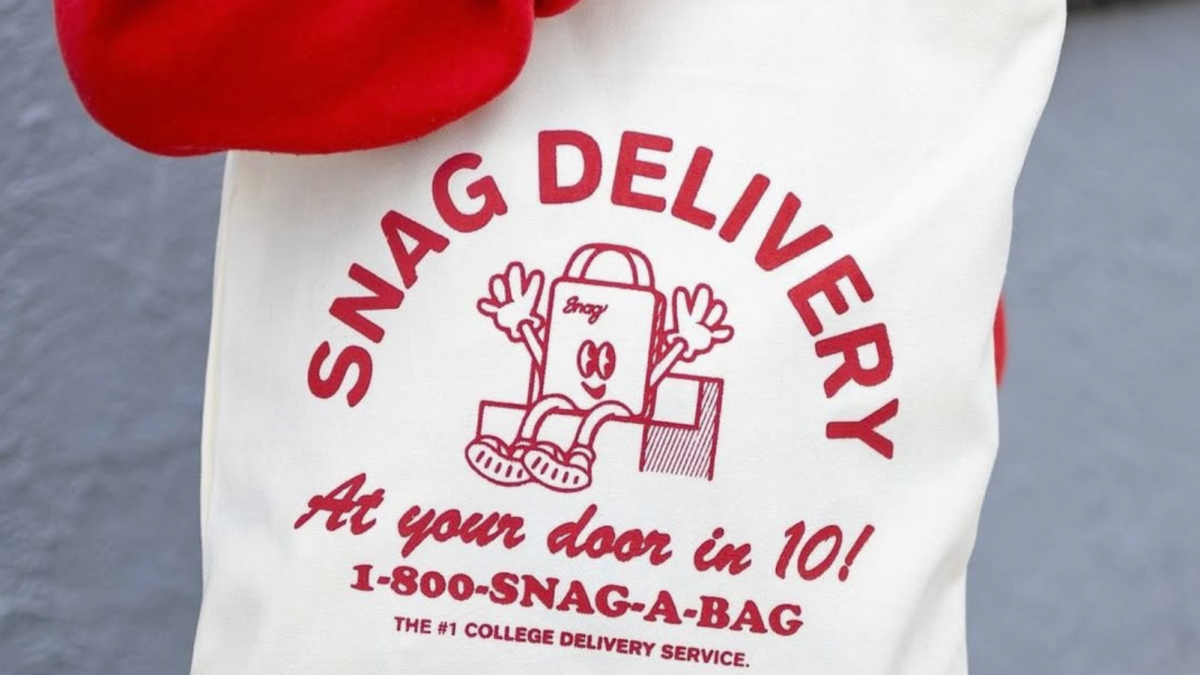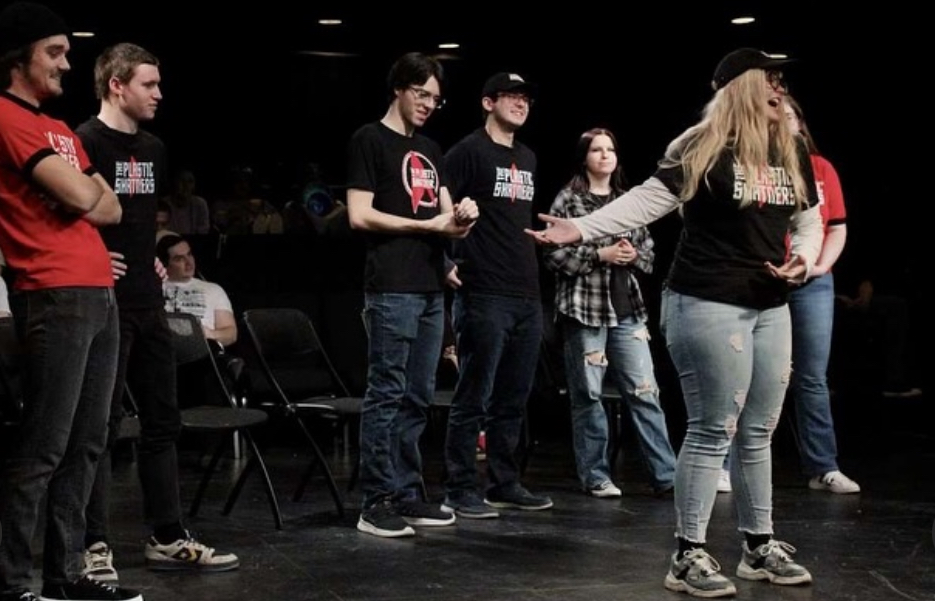Since Kye Allums can remember, he thought of himself as a male.
“Gender is a feeling, not a choice,” Allums said. “Just like I can’t choose to like a song; I feel like a man.”
He decided to let the world know on Nov. 2, 2011, coming out as transgender, the first NCAA division 1 athlete to do so.
“Transgender means the person may not have had gender reassignment surgery, but they still may have had the surgery,” said Luke Grabski, president of Vision.
Vision “is an LGBTQ organization looking to serve as both friend and partner to those interested in learning about and making the progress for the queer community,” according to its web page.
Allums came to speak about his experience at the University on Tuesday night as part of coming out week.
“Coming out week is a weeklong series of events surrounding national coming out day,” said Tobias Spears, assistant director of the Office of Multicultural Affairs. “[The sole purpose] is to be visible for the LGBT community.”
Allums said he struggled early in life with who he was because people would call him ma’am and use female pronouns such as ‘she’ and ‘her.’
As a freshman in high school, Allums was labelled as gay, because a classmate perceived him as a woman who dressed like a man and liked women.
“When that happened, I owned that label,” he said. “I had so many girlfriends.”
He made the women’s varsity basketball team after never playing organized sports, and he said everything was going great.
His life took a nose dive when one girl at his school got jealous and told Allums’ mother he was gay.
His mother had him move schools and told him he was to never speak to the “black girls who turned me gay.”
“My mother was my best friend,” Allums said. “We did everything together. We painted each other’s nails, and used the easy bake oven together. But the day my mom found out was the last day we really communicated.”
After a few weeks at his new school, Allums made the adjustment to the new academic and athletic policies.
“The move, although I hate to admit it, was the best thing for me.”
He had to take time to do homework and study or his grades would suffer, and the women’s basketball team he now played for turned him into the best shooter in the Minnesota area and the defensive player of the year his senior year.
Shortly after, Allums received a basketball scholarship to George Washington University in Washington D.C. “because it was furthest away from my mother,” he said.
The move to GWU was a happy transition because, he said, being straight at GWU was a minority.
In his sophomore year at the university, Allums decided to tell his teammates, assistant coaches and head coaches he preferred to be recognized with male pronouns.
“My teammates and assistant coaches had no issues with it,” he said. “They would always say, ‘that win’s on him or give it to him’.”
With the support of the team and his other close friends, life for him was good.
Then, Nov. 2, 2011 came.
A journalist called his phone and asked if he could share his coming out as a D1 athlete story with the world.
At first, Allums said no, but later reconsidered his decision.
“I had three closeted lesbians on the team who pretended to have boyfriends just to trick people into thinking they are straight,” he said. “I had to set an example.”
Allums called the journalist back and told him the story.
The world took off with his story and at the next Colonials basketball game, Allums said he was so nervous he did not score a single point. The media vanished.
“No one wanted to write a story about a transgender athlete who didn’t play well,” he said.
The next game he played, he stood out as the best player.
His collegiate basketball career ended with a ninth concussion.
“There were times when I didn’t know who I was and where I was. I knew if I kept playing, the worse my memory would be,” he said.
After being inspired to share his thoughts about transgender people from a lecture he attended at GWU and seeing his Facebook inbox filled with help requests, Allums wanted to speak to students about being transgender. Many high schools turned him down, so he went to speak at universities.
Junior Tiffany Suscheck said she attended Allums speech because she has a friend who recently came out as transgender and wanted to understand what he was going through.
“I feel like I better understand their struggles and know the reasons why we need to be sensitive [towards the trans community],” Suscheck said.
Spears said having Allums speak at the University was helpful for the community.
“When Kye talked about coming out to disclose a gender identification, it was powerful because typically when people come out, it is about their sexuality,” Spears said.
Grabski appreciated Allums speaking at the University as well.
“Knowing more about the trans community and hearing personal stories, seeing their faces, helps people become a better ally,” he said.
Allums is creating a website called “I am enough.” The site will tell stories of anyone and everyone who wants to tell their story, he said.
He said he wants people to be comfortable with the bodies they have and transgender people deserve the respect and love any other human being gets.
“I am happy and comfortable now that I am who I am,” Allums said.













